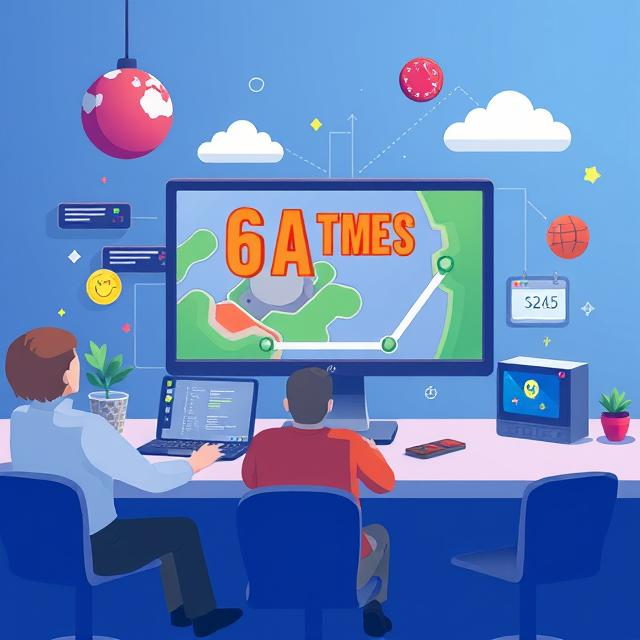Setting Realistic Deadlines for Your Project is an essential topic for any aspiring indie game developer. In this article, we will explore the key elements of setting realistic deadlines for your project, and why it matters in the world of independent game development. Whether you are just starting out or already have experience, understanding this subject can help you build better games, avoid common pitfalls, and ultimately create something players will love. Game development is not just about writing code—it’s about delivering an engaging experience. It involves creativity, problem-solving, communication, and often a bit of marketing knowledge too.
The beauty of indie game development lies in the freedom to experiment. Unlike large studios bound by commercial constraints, indie developers can take risks, try new ideas, and focus on passion projects. This allows for a wide range of unique games that break the mold. However, with this freedom comes the challenge of doing more with less. Limited budgets, small teams, and tight schedules are part of the deal. This is why mastering the fundamentals of topics like {title.lower()} can make a significant difference.
To succeed, you need to plan well, stay focused, and continue learning. You should also connect with other developers, participate in game jams, and seek feedback regularly. Every game you make is a learning opportunity. By focusing on topics such as {title.lower()}, you’ll be better prepared to navigate the ups and downs of indie game development. Remember, the goal isn’t just to finish a game, but to grow as a developer with each project you complete. So embrace the process, stay inspired, and keep building!
Setting Realistic Deadlines for Your Project is an essential topic for any aspiring indie game developer. In this article, we will explore the key elements of setting realistic deadlines for your project, and why it matters in the world of independent game development. Whether you are just starting out or already have experience, understanding this subject can help you build better games, avoid common pitfalls, and ultimately create something players will love. Game development is not just about writing code—it’s about delivering an engaging experience. It involves creativity, problem-solving, communication, and often a bit of marketing knowledge too.
The beauty of indie game development lies in the freedom to experiment. Unlike large studios bound by commercial constraints, indie developers can take risks, try new ideas, and focus on passion projects. This allows for a wide range of unique games that break the mold. However, with this freedom comes the challenge of doing more with less. Limited budgets, small teams, and tight schedules are part of the deal. This is why mastering the fundamentals of topics like {title.lower()} can make a significant difference.
To succeed, you need to plan well, stay focused, and continue learning. You should also connect with other developers, participate in game jams, and seek feedback regularly. Every game you make is a learning opportunity. By focusing on topics such as {title.lower()}, you’ll be better prepared to navigate the ups and downs of indie game development. Remember, the goal isn’t just to finish a game, but to grow as a developer with each project you complete. So embrace the process, stay inspired, and keep building!
